Trudging up a mountain in the rising sun, 71-year-old Nouis George Desiree isn’t even out of breath. Fit from years of manual labour, his body is strong, his footing sure, but his eyes tell a story of hardship.
He is one of thousands of sugar farmers on the island of Mauritius cultivating the so-called ‘lazy crop’ - though harvesting it requires anything but laziness.
To avoid the sun’s glare, the farmers are in the field before sunrise hacking every single towering cane by hand with a machete - all to make our lives a little bit sweeter. But now their livelihoods are under threat.
With an ageing demographic - the younger generations are seeking work away from the sugar fields - they’re also exposed to the weather, market and currency fluctuations, as well as changes in EU legislation. And the biggest threat of all right now is the forthcoming EU changes to sugar beet quotas.
As of October 2017, the EU will be removing production quotas for beet sugar producers, allowing them to increase their output. This means beet-producing countries, including France, Germany, the UK and Poland, can greatly increase their output. In turn, the demand for cane sugar from tropical countries is likely to fall. Overall, Defra predicts the changes will lead to a 5% increase in total EU sugar production by 2020 and a 16% drop to prices over the same period. It’s a worrying prospect for small-scale cane farmers in places like Mauritius.
“We are very afraid of the future,” one farmer tells The Grocer. “What will we do with our fields next year when the price goes down even further?”
The locals have good reason to be scared. The number of the island’s smallholder producers has halved over the past 15 years to 15,000, a move exacerbated by the end of the EU’s Sugar Protocol - which guaranteed Mauritius, among others, a fixed price and market access for 491,000 tonnes of sugar.
“We are very afraid of the future,” one farmer tells The Grocer.
Prices fell by 36% after that, notes Devesh Dukhira, CEO of the Mauritius Sugar Syndicate. “Growers were asking why their revenue was reduced by a third - it didn’t make sense.”
Some switched to a less intensive crop like bananas, while others exited the market completely. Those who remained sought the help of the Syndicate to diversify.
“Sugar takes up one third of the island, but this is nothing compared to the huge fields you’d find in Thailand, Brazil or Africa,” Dukhira adds (despite the space it occupies on the island, sugar only contributes about 2% of the country’s GDP). “As we’re not the cheapest producers, we had to review our product mix.”
This meant more focus on special sugars such as muscovado, demerara and golden caster - products that command a premium over white sugar. Mauritius has the capacity to produce about 470,000 tonnes of sugar annually, three-quarters white sugar and a quarter special sugars.
“Brown unrefined sugars command a very significant premium over and above white or raw sugar, meaning the value of the sugar cane crop to the grower and producer is markedly improved,” explains Ray Merrick, sourcing & business development director at Billington’s, which sources its sugar from the island. “It’s a way for them to shape their own destiny and move up the value chain.”
Billington’s is keen to stress its use of Mauritian unrefined brown sugar, with each pack featuring a map of the island and the words ‘produce of Mauritius’. The cane is grown on the island before being processed by Terra Milling to create the sugar. It is then hand-packed by locals at Sukpak. “The sugar we produce is grown out of love using our labour, our hands. We are proud of the sugar that we produce and the heritage that comes with it,” one farmer says.
So is Billington’s. “We’ve had a long-term partnership with Mauritius and they’ve been a fantastic partner, they’ve upgraded, they’ve met the conditions - a lot of what they do is absolutely unique and no one can produce the quality they do,” adds Merrick.
Many believe the quality of Mauritian special sugars will shine through, even when the market gets tough. “We have to defend the value of genuine special sugars,” says Dukhira. “Some producers just take ordinary white sugar and mix it with molasses to create brown sugar and call it muscovado. We don’t mind fair competition as long as it’s a level playing field.”
Improving prices
Sustainability is another cornerstone. With the help of the Syndicate, Fairtrade came to the island in 2008. This means the 4,500 small planters who have signed up to the scheme since, as part of 31 certified co-operative societies, receive a Fairtrade premium of 150 rupees or approximately $60 per tonne of sugar.
“Some of the planters can’t cope because of the costs - the price of the cane is too low. Now we’ve got the extra money from Fairtrade and this has been a big help to us,” another planter explains at a meeting of Surinam Souillac Fairtrade co-operative society.
On top of the premium, Fairtrade provides training, health & safety equipment and access to bulk buy fertiliser at a reduced rate, thus improving the yields of their crops.
The Syndicate, as the commercial arm of the sugar sector in Mauritius, is responsible for the marketing and export of all sugar produced locally. All proceeds from the sale, minus common expenses, are distributed evenly among the island’s farmers, regardless of size. In 2015, farmers received 13,166 rupees per metric tonne of sugar.
“Prices are improving, which is good because over the last couple of years producers in Mauritius and worldwide have lost money as the revenue is below the production cost,” notes Dukhira. This reduces its reliance on the end price paid for sugar. “Sugar used to account for 94% of revenue and what the government has done is review the payment for bagasse and molasses so they become sources of revenue as well. This dampens the farmers’ exposure to the market.”
Bagasse, the dry residue left after the extraction of juice from the sugar cane, is sent for use in electricity generation while the molasses are used to make alcohol such as rum.
With further EU changes looming, Mauritius must diversify again. “Prices in Europe are going to get closer to world price, and this will be affected by the exchange rate and supply and demand,” says Dukhira. “We need to diversify.”
As a sugar deficit market, East Africa is the obvious choice, but it’s not ideal. The market, plagued by “corruption”, is unstable and land-locked countries mean the logistics costs are “ridiculously high”.
”We have 25,000 families in Mauritius depending on the sugar industry so we will have to adapt to our new market environment”
And exiting the EU is out of the question. “It represents more than 85% of our total exports,” adds Dukhira. “We have 25,000 families in Mauritius depending on the sugar industry so we will have to adapt to our new market environment.”
Inevitably, Brexit will complicate matters further, as the UK “will potentially dance to a different tune, which adds further confusion,” says Merrick. “Mauritius needs market access to the UK, but with Brexit no one knows quite what that will look like, what sugar will be allowed in and from where.”
Those working with Billington’s are arguably in a better position. Associated British Foods, which owns Billington’s, has “its feet in two camps”, producing beet sugar in the UK and Spain alongside cane sugar in Africa. Merrick, therefore, remains “confident” ABF will be able to navigate the “uncertainty and confusion” of the next few years.
“With regards to Billington’s, we will continue to work with Mauritius and continue to secure them access to the UK post-Brexit,” Merrick adds. It’s white sugar where farmers will be hit hardest. But while the Mauritians are concerned about being squeezed out of the market due to the influx of beet sugar, Merrick argues that there are limitations on what the UK players can do due to factors such as available land and crop yield.
“Mauritius’ problem isn’t Brexit,” insists Gerald Mason, senior VP at Tate & Lyle. “Brexit isn’t necessarily going to make the sugar market more competitive, it’s the removal of the sugar beet quotas.”
Tate & Lyle openly supported Brexit, claiming the protectionist EU sugar and trade policies discriminate against cane sugar refiners and contribute to the loss of jobs and livelihoods in the UK. Mason also claims the beet growers have an unfair advantage.
“Our problem isn’t with the removal of the sugar beet quotas. We’re happy to compete in a more open and competitive market,” he insists. “They should in parallel remove the restrictions on our raw material supply - the sugar tariffs and restrictions on who we buy from.
“By removing the beet quotas, the EU creates a much more competitive and lower price sugar market, but it keeps our cost base inflated by restrictions and tariffs on our raw material,” he adds.
Separating from the EU will at least mean the UK’s decisions are made in Westminster, Mason says, allowing the UK to “determine a sugar policy that’s right for the UK. One which balances the interest of beet and cane growers, cane refiners and traditional supplying countries like Mauritius.”
Mauritius is currently granted duty-free access to the EU market, something it hopes will continue post-Brexit. For now, Mauritius, like many others, will be keeping a watchful eye on our shores.







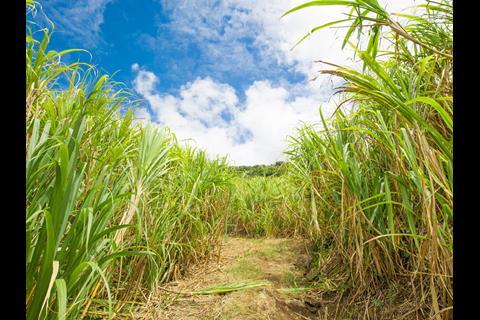
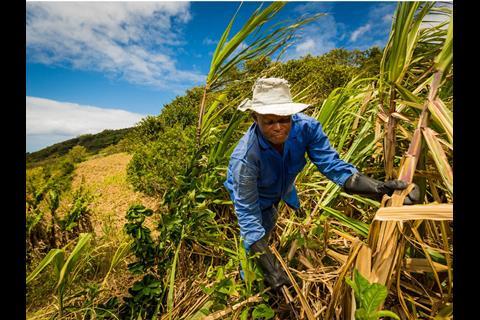
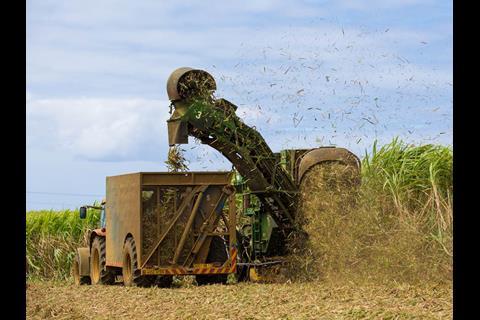
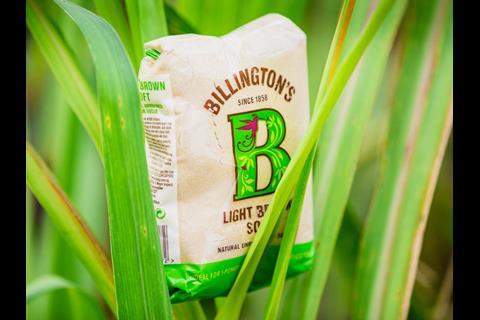
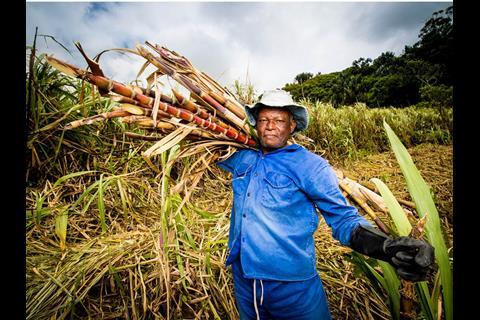
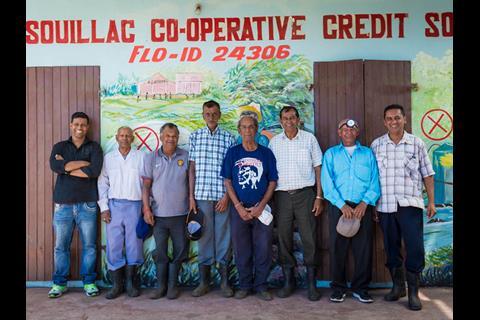
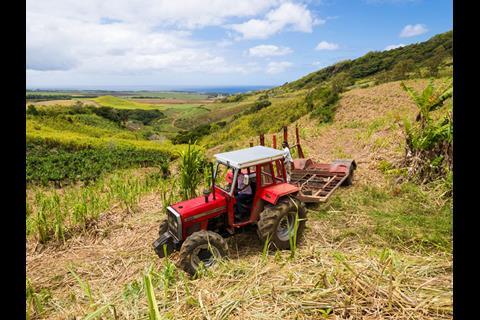
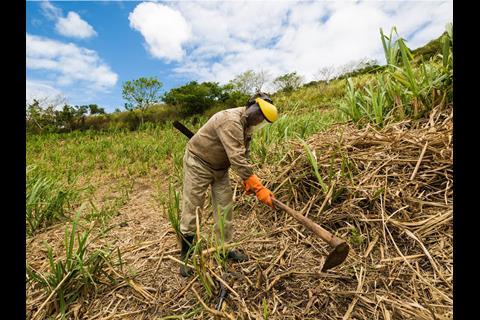
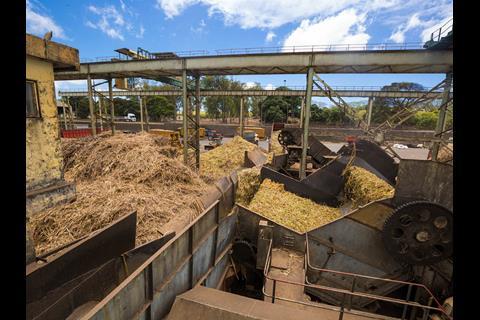
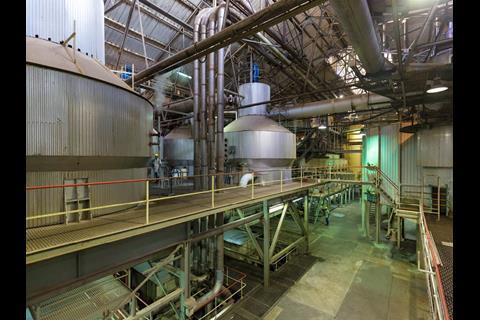
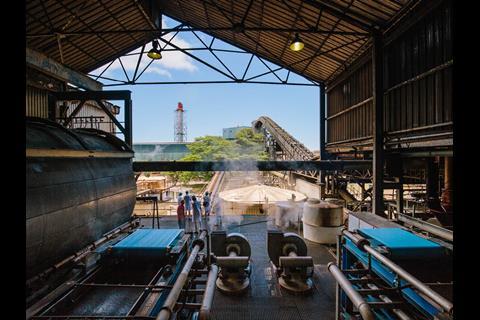
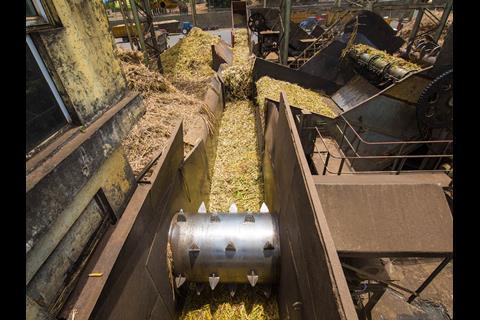
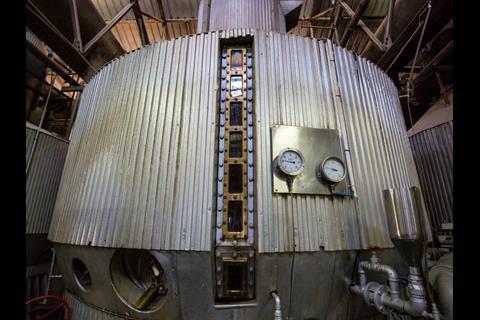
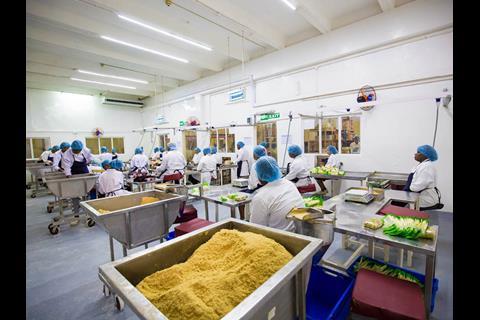
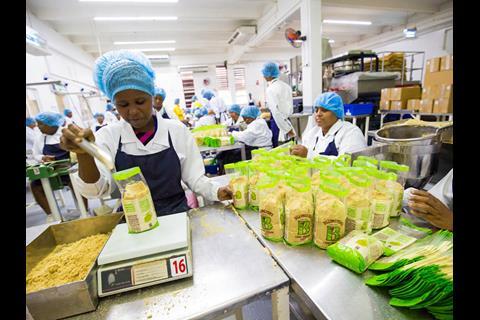




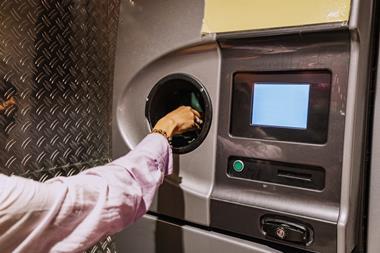
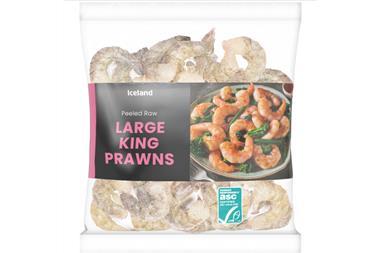

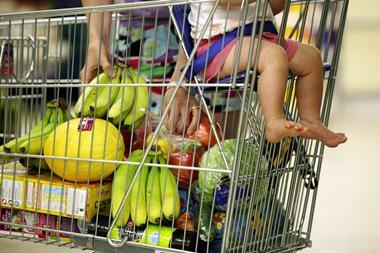




No comments yet